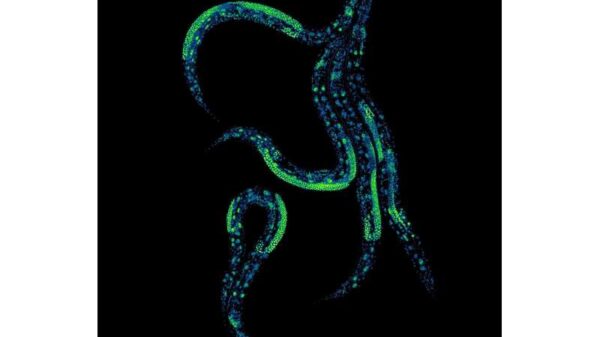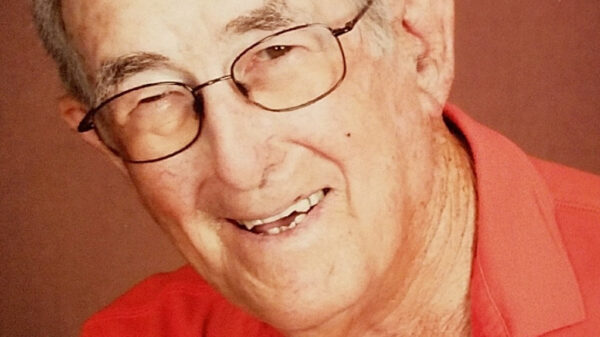Allegations of a toxic culture within the athletic programs at the University of Wisconsin have surfaced, with former athletes accusing two coaches of creating hostile environments that included verbal abuse and neglect of mental health concerns. These claims follow the resignation of cross country coach Mackenzie Wartenberger in January 2022, coinciding with a university announcement praising her contributions to the team.
Five women who previously ran for Wartenberger have shared their experiences with the Wisconsin State Journal, asserting they faced mental abuse and a harmful atmosphere during their time on the team. One of the former athletes, Brogan MacDougall, described the university’s response as inadequate, stating, “It was just the biggest slap in the face… it was all about protecting UW and their staff.” Reports indicate that athletes felt their concerns were overlooked by university officials, focusing more on maintaining the institution’s reputation than addressing the alleged abuse.
Wartenberger is not the only coach accused of fostering a detrimental environment. Marisa Moseley, the women’s basketball coach who resigned in March 2022, also faced criticism from players for her leadership style. Athletes reported a lack of support and a toxic culture within the basketball program, leading to skepticism about the reasons for her departure. The university has stated that it received no formal complaints against either coach; however, correspondence obtained by the State Journal suggests that issues had been raised with athletic department administrators.
In response to these allegations, Chris McIntosh, the athletic director, acknowledged the importance of addressing student-athlete concerns. He emphasized that every instance is treated with respect and care, but declined to comment on specific allegations due to student privacy laws.
Both Wartenberger and Moseley did not provide on-the-record interviews regarding the allegations. Wartenberger, in a statement, expressed her respect for the challenges faced by student-athletes and refrained from commenting further on the athletes’ experiences.
The experiences of the athletes under Wartenberger’s coaching include accusations of body shaming and belittling injuries. Former runner Alissa Niggemann recounted an incident where Wartenberger grabbed her ponytail to force her to make eye contact during a conversation, an action that left her feeling distressed. Other athletes described the atmosphere as one where they frequently witnessed peers in tears after meetings with the coach.
The situation escalated within the program, as Sarah Shulze, a Badgers runner, died by suicide on April 13, 2022. Her parents have expressed concerns about the pressures of being a student-athlete and the emotional abuse reported by their daughter, indicating that it contributed to her struggles. They believe that more significant attention should have been given to the concerns raised by multiple athletes.
In the women’s basketball program, former player Tessa Grady has also voiced her dissatisfaction with Moseley’s coaching methods. Grady described instances of bullying and manipulation, stating that the environment became unbearable. She documented her experiences in a letter to university officials and expressed disappointment in the lack of support from the athletic department.
The university’s handling of these allegations has come under scrutiny, with former athletes calling for a thorough investigation and acknowledgment of their concerns. Some have suggested that the university should implement reforms to better support student-athletes and ensure their well-being.
As the university continues to respond to these allegations, former athletes urge accountability and hope for a shift in the culture surrounding student-athlete treatment at Wisconsin. They emphasize the need for mental health resources and support systems to prevent future incidents and promote a healthier environment for all athletes.






































































